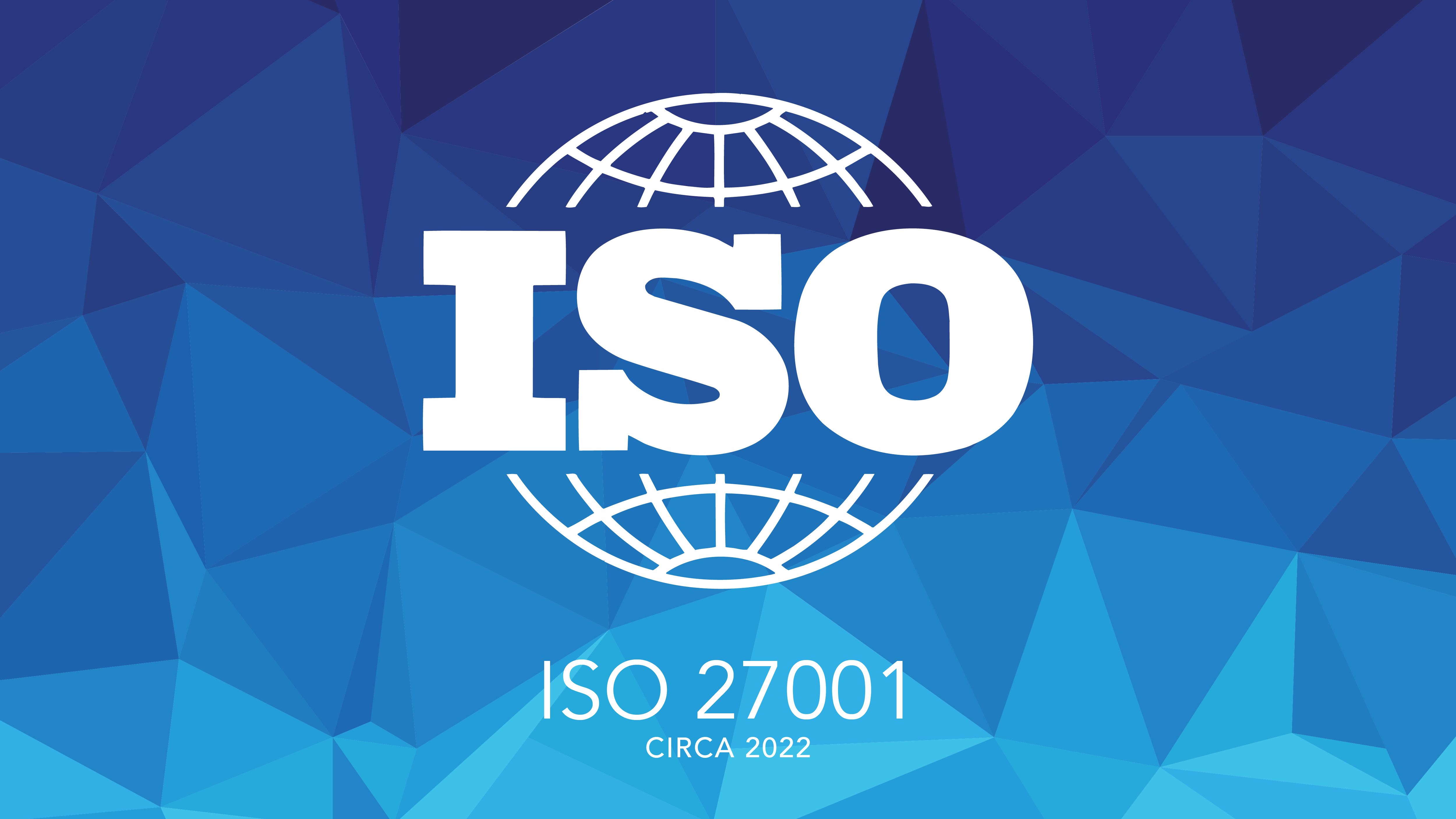ISO 27001 is a standard for information security management systems (ISMS). It outlines the requirements for establishing, implementing, maintaining, and continually improving an ISMS to protect sensitive information from unauthorized access, use, disclosure, disruption, modification, or destruction. The standard was developed by the International Organization for Standardization (ISO), a non-governmental organization that develops and publishes international standards.
The History of ISO 27001
ISO 27001 was first published in 2005. It was based on the British Standard 7799-2:2002, which had been developed by the British Standards Institution (BSI). The standard was developed to provide a framework for organizations to protect sensitive information from cyber threats and other risks.
Over time, ISO 27001 has become widely recognized as a best practice for information security management. It has been adopted by organizations of all types and sizes, including businesses, government agencies, non-profit organizations, and educational institutions.
ISO 27001 has undergone several revisions since its initial publication. ISO 27001:2022 is the latest version of the ISO 27001 standard. It provides a framework for organizations to establish, implement, maintain, and continually improve an ISMS to protect sensitive information from unauthorized access, use, disclosure, disruption, modification, or destruction.
The standard covers not only information security, but also business continuity, risk management, and privacy. It takes into account the changing needs of organizations and the evolving threat landscape. It is flexible and can be tailored to the specific needs and context of each organization.
What Changed in ISO 27001:2022?
There are several differences between ISO 27001:2013, the previous version of the standard, and ISO 27001:2022. Some of the key differences are:
- Scope: ISO 27001:2022 has a broader scope than ISO 27001:2013. It covers not only information security, but also business continuity, risk management, and privacy.
- Risk assessment and treatment: ISO 27001:2022 introduces a new risk assessment method called “context-based risk assessment.” This method takes into account the organization’s context, such as its size, nature, and complexity, as well as the risks and opportunities associated with its operating environment.
- Leadership: ISO 27001:2022 emphasizes the role of leadership in establishing and maintaining an ISMS. It requires organizations to have a top management representative who is responsible for the ISMS, as well as a process for communicating with interested parties.
- Documentation: ISO 27001:2022 requires organizations to have a documented ISMS that includes policies, procedures, and records. The standard also introduces the concept of a “documented information register,” which is a list of all the documented information that an organization uses to support its ISMS.
Overall, ISO 27001:2022 is a more comprehensive and flexible standard. It provides a framework for organizations to protect sensitive information and ensure business continuity in the face of cyber threats and other risks.
Why Would a Company Need to Get ISO 27001 Certified?

There are several reasons why a company might choose to get ISO 27001 certified:
- Demonstrating commitment to information security: By getting ISO 27001 certified, a company demonstrates to its customers, employees, and other stakeholders that it is committed to protecting sensitive information and maintaining the confidentiality, integrity, and availability of its systems and data.
- Improving risk management: ISO 27001 requires companies to identify and assess the risks to their sensitive information and implement controls to mitigate those risks. This can help companies to better manage their information security risks and ensure the ongoing protection of their sensitive information.
- Meeting regulatory requirements: Some industries and sectors have specific information security regulations that require companies to implement an ISMS based on ISO 27001. For example, the Payment Card Industry Data Security Standard (PCI DSS) requires companies that handle credit card transactions to implement an ISMS based on ISO 27001.
- Enhancing customer trust and confidence: By getting ISO 27001 certified, a company can increase customer trust and confidence in its ability to protect sensitive information. This can be particularly important for companies that handle sensitive customer data, such as financial institutions and healthcare providers.
- Improving business continuity: An ISMS based on ISO 27001 can help a company to identify and assess the risks to its business continuity and implement controls to mitigate those risks. This can help the company to maintain its operations in the face of cyber threats and other disruptions.
Overall, getting ISO 27001 certified can provide a range of benefits to a company, including improved risk management, enhanced customer trust and confidence, and improved business continuity.

Leave a Reply